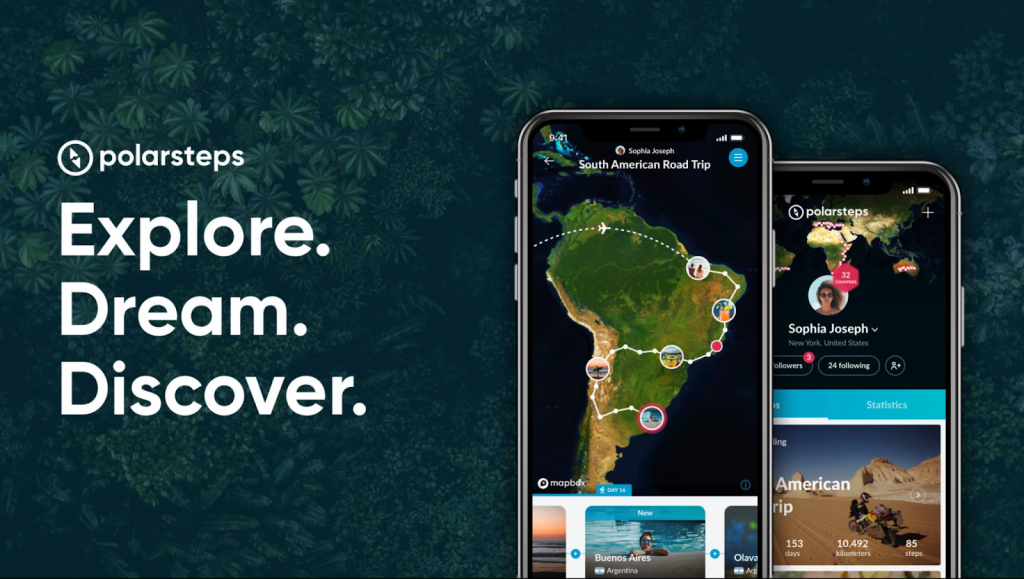2024 was a banner year for the travel industry as volumes almost surpassed 2019 levels, nearly putting COVID lockdowns in the history books. According to the World Travel & Tourism Council, 1.4 billion people traveled internationally, representing a 99% recoupment of pre-pandemic volumes and a healthy 11% increase over 2023 traffic. The WTTC also indicated that from a dollars perspective, the travel industry injected $10.9 trillion in the global economy in 2024, topping the previous year’s contribution by 8.5% and pre-pandemic levels by 6%. While the stats are positive, suggesting a rosy outlook for the travel industry, economic and political headwinds may temper growth in 2025 and travel brands and providers are refocusing their energies on maximizing individual travel experiences and revenue. Hotels and accommodation providers specifically are shifting from a Revenue per Available Room (RevPAR) model to focusing on Revenue per Available Guest (RevPAG) in the hopes of increasing individual spending outside of room and facility transactions. Turning to advanced technology, travel businesses are intent on driving that all important singular guest transaction.

Airbnb Capitalizes on Web & App Traffic
Airbnb created the ‘short term rental market’, revolutionizing how travelers reserve and access privately owned accommodations anywhere in the world, serving more that 2 billion guests in its 17 year existence. The company is looking to drive its ‘retailing footprint’ by offering additional services and amenities directly through the highly used Airbnb app or desktop site. Some of the professional services that guests can arrange through Airbnb Services are:
- Professional chefs
- Prepared meals
- Group catering
- Professional photography
- Certified massage therapists
- Spa treatments
- Personal training
- Hair stylists
- Makeup artists
- Nail specialists
Airbnb hopes to add more services to the portfolio with local transportation and experiences being the next obvious and practical choices. The aim of Airbnb Services is to drive incremental revenue and boost individual transactions with engaging and appropriate add-ons and services. By focusing on travelers that are already using the app, Airbnb could see some significant increases in transactional revenue.
Maximizing Individual Interactions
With the shift towards RevPAG, travel businesses are optimizing amenities, services and marketing with more of a personal touch in an attempt to cater directly to the individual to drive transactional business. The outlook for leisure travel is positive but many questions remain in regards to the current economic landscape but business and group travel continues to power ahead and travel businesses are focusing on maximizing each opportunity as they come through the doors. In house retailing strategies are being implemented to market additional services and add-ons that can elevate the guests experience, yielding revenue and reputational benefits. Using physical marketing technology, such as dynamic displays and in room messaging, businesses can effectively message onsite guests to what’s available and potentially gain valuable incremental sales. Travel providers understand the value of real estate and that extends to anything within view of the guest, including receipts, reservation confirmations by text or email, keycard folios and any other physical media that would attract attention from the guest. Integrating appropriate marketing messages can also inform clients of additional services and amenities, creating potentially more opportunities for the travel business.
AI and Upselling
AI technology is a real game changer for the travel industry. Advanced features such as language comprehension and high user engagement can support many facets of the travel business and one such task is upselling, a critical method in increasing ‘the basket’ and recouping margins. As more travelers turn to AI for travel research, planning and eventual purchasing, travel providers have a unique opportunity to sell more through these client interactions and engagements. Machine learning models can ‘learn’ user preferences, understand certain trip and travel nuances and make better recommendations for value added services and products that are ideally suited to the individual user and travel products they are purchasing. The flexibility of AI technology can deploy marketing and upsell messages throughout the entire interaction or be subject to specific times during the engagement. Machine learning models can establish associative product selling and upselling strategies and identify travel consumer needs through their inputs.
Strategizing for the Current Travel Landscape
The travel industry has seen some interesting times in the last 6 years and is finally on its way to recovering from pandemic related travel lockdowns. The outlook for travel demand is rosy but global economic and political factors could dampen consumer enthusiasm and travel providers are not taking any chances by focusing on the individual transaction versus room revenue generation. The shift from RevPAR to RevPAG is widely apparent as travel businesses turn to mobile and static technologies to ramp up marketing efforts and increase spending by individual travelers. From retail operations to increased amenities availability, travel brands are capitalizing on growing mobile device adoption to sell more to each person in the face of potentially slowing individual traffic. Travel providers are now taking a ‘merchant mentality’ mindset and are prioritizing maximizing each transaction that walks through the doors.

